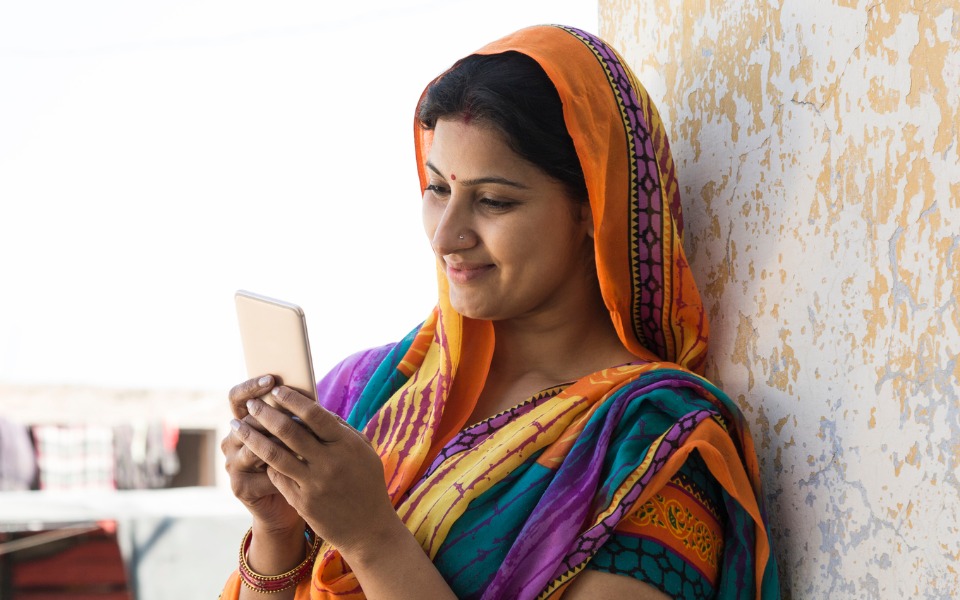
Internet can disrupt democracy, Centre tells Supreme Court
The internet has emerged as a potent tool to cause disruption to democratic polity, the Centre told the Supreme Court while seeking three more months for finalising and notifying the rules that would regulate the functioning of social media intermediaries in the country.

The internet has emerged as a potent tool to cause disruption to democratic polity, the Centre told the Supreme Court on Monday (October 21), while seeking three more months for finalising and notifying the rules that would regulate the functioning of social media intermediaries in the country.
Also read | SC rejects plea to link social media accounts with Aadhaar
The Ministry of Electronics and Information Technology (MeitY) told the Apex Court that though technology had led to economic growth and societal development, there was also an exponential rise in hate speech, fake news and anti-national activities.
A bench of justices Deepak Gupta and Surya Kant took the affidavit on record after advocate Rajat Nair, appearing for the Centre, mentioned the matter and said they had sought three months’ time for finalisation of the Information Technology Intermediaries Guidelines (Amendment) Rules, 2018.
Also read | Social media platforms to follow ‘code of ethics’ in all future polls
The affidavit was filed in a transfer petition moved by Facebook, seeking transfer of cases filed in three high courts, relating to linking of social media profiles with Aadhaar.
The affidavit filed by Pankaj Kumar, additional secretary, MeitY, said, “As the internet has emerged as a potent tool to cause unimaginable disruption to the democratic polity, it was felt that the extant rules be revised for effective regulation of intermediaries, keeping in view the ever-growing threats to individual rights and the nations integrity, sovereignty, and security.”
It stated that after collating and analysing the details which emerged from the stakeholders participation and inter-ministerial consultation, “the deponent (MeitY) has bona fide belief that a further period of three months would be required for finalising and notifying the final revised rules in accordance with law.”
Also read | SC says Centre should frame guidelines to deal with social media misuse
It said in the last few years, there was an enormous increase in the use of social media and with lower internet tariffs, availability of smart devices and last-mile connectivity, more and more people in India were becoming part of the internet or social media platforms.
“If on one hand technology has led to economic growth and societal development, on the other hand, there has been an exponential rise in hate speech, fake news, anti-national activities, defamatory postings and other unlawful activities using internet/social media platforms,” it said.
Also read | Social media cos can’t avoid liability for damage caused through it: HC
On September 24, the top court had observed that technology had taken a dangerous turn and asked the Centre to apprise it within three weeks about the time-frame needed to come up with guidelines to curb misuse of social media in the country.
(With inputs from agencies)


